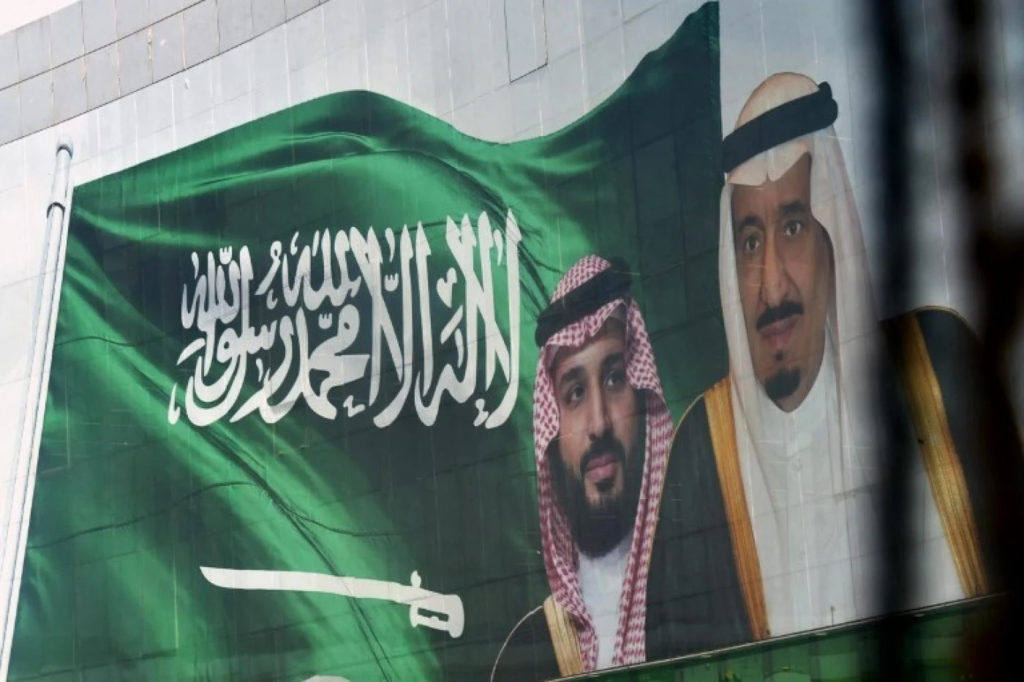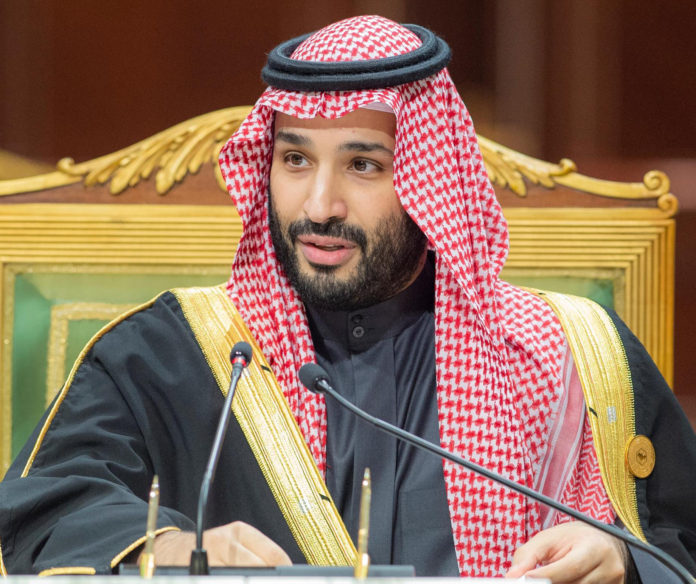Absolute monarchies are generally that – absolute. Therefore, the recent news emanating from the Saudi Kingdom suggesting changes to the system governing its flag and anthem was not without some iota of surprise! Note that the contents are not being changed but just that the binding rules that authorize the usage of the two are being laid down and clarified. While this may have been unthinkable some decades ago, today it closely aligns to the new Saudi identity that Crown Prince Muhammad Bin Salman (MBS) is trying to forge. Consider.
“Nothing can harm a cause like it being hijacked by extreme elements in its midst!
My previous OpEds have established national identity as an overarching ingredient of the national security framework. Other crucial components such as national purpose, national interests and national security policy generally come afterwards. That is why this work on redefining and re-establishing a Saudi national identity in tune with the times is a worthwhile endeavour!
With the presence of Islam’s two holiest sites, it was always expected that Saudi Arabia would have a national identity based mostly on religion. This has worked for the country for many decades. In recent times, MBS has tried to shift the focus of the country more towards Saudi nationalism. This new identity of what it means to be Saudi is based on culture and geography. One tactical example is that Arabic coffee is now being rebranded as Saudi coffee! Meaning thereby that Arabic and Saudi are not synonymous anymore.
“A Saudi who is “reasonably moderate, culturally proud, ethnically diverse and constructively engaged”
Although it may seem that MBS is the proponent of this new Saudi identity but it has to be said that the seeds of this new sense of nationalism was laid down during the era of King Abdullah. He implemented policies to not only ease social restrictions but also limit the dominant religious influence on the national psyche. Two stark examples come to the fore. First, to make the National Day a public holiday in 2005 even when there was vociferous opposition from the religious right against such celebrations. Two, curbing some of the powers of the religious police so as to encourage some social autonomy. But even then, King Abdullah had to balance social reforms – even limited ones – with appeasing the religious elements of the monarchy and the all-powerful Shura. He could walk that tight line because of the long-lasting nature of the social contract which was underpinned by increased oil prices.
“Diversification of the economy away from oil and a new social contract based on nationalism and a new national identity are key tenets of MBS’ lofty Vision 2030!

While MBS has continued and strengthened the nationalist policies started by King Abdullah, he has inherited a scenario where oil dependence is decreasing and oil revenues are dwindling. Consequently, diversification of the economy away from oil and a new social contract based on nationalism and a new national identity are key tenets of MBS’ lofty Vision 2030! Contrary to the past, the new Saudi identity revolves around active citizenry contributing to the good of the country and not receiving benefits from the state. That is why the key demographic for MBS is the youth of the country! And for that reason he has focused on encouraging liberalisation, tourism, cultural events, entertainment activities, technology advancements and newly developed cities. For the new Saudi identity to be on display, optics are also important to MBS. Whether it is laying the foundation stone of a nature reserve and resort designed by French architect Jean Nouvel or visiting Neom – the futuristic city – in the North-Western region of Tabuk or being present at internationally reputed sporting fixtures peppered throughout the Kingdom. MBS has also drawn comparisons between young Saudis and the Tuwaiq Mountains. His intention was not only to generate pride in the landscape but also to encourage Saudi youth to mimic the strength and robustness found in their country’s natural landscape. From comparisons such as these, MBS hopes that the new generation will focus more on becoming a constructive member of society and a contributing arm of the diversified economy of the country and continue to be receptive to financial instruments such as taxation and regulatory duties.
The new Saudi identity is a complete break from the past! If it were to be captured in one phrase it would perhaps be defined as a Saudi who is “reasonably moderate, culturally proud, ethnically diverse and constructively engaged”. Considering the baggage of the past, that is no small feat if achieved! It confirms that the current leadership is serious in not only changing the debate surrounding nationalism but also in differentiating the country’s economic structure. Vision 2030 is likely to be a transformative and crucial project and hopefully will pay dividends for some time to come!
“With the presence of Islam’s two holiest sites, it was always expected that Saudi Arabia would have a national identity based mostly on religion
Nevertheless, with this newly developed Saudi identity and accompanying nationalism – comes the specter of extreme or rushed nationalism. Nothing can harm a cause like it being hijacked by extreme elements in its midst! Therefore, MBS will need to keep one eye on the consequences – intended and unintended of embarking on this transformational resetting initiative. He may want to take this notion of Saudi identity and nationalism to its logical conclusion. That is, to extrapolate it into well-defined national purpose, national interests and national security policy – thus completing the whole gamut of the national security framework. Time will tell as to whether or how this plays out.




